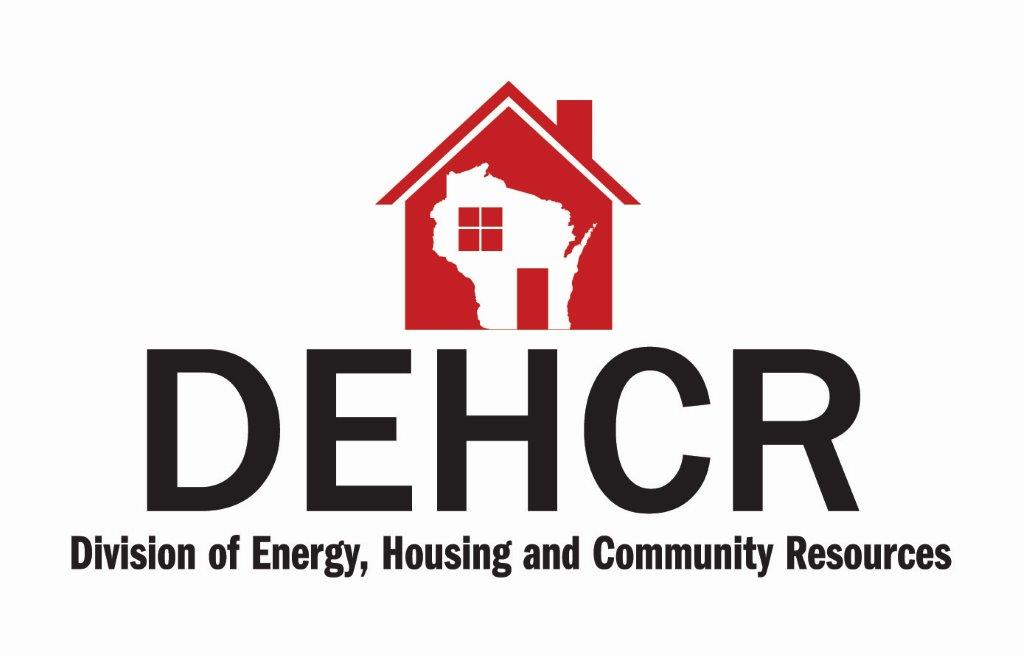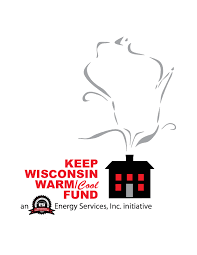We’re here to help
We hope you find these answers to frequently asked questions helpful. Please contact your local office if you have additional questions or need assistance.
Call 811 to reach Wisconsin’s Diggers Hotline.
Yes! We’ve created a sample bill with highlights showing you how to understand your bill.
How to understand your bill – Click here>
Still need assistance? Call your local Midwest Natural Gas, Inc. office for assistance.
Midwest natural gas offers multiple ways to pay your bill. Click here to view the options.
Call your local Midwest Natural Gas, Inc. office during normal business hours. Click here to view our locations.
Call your local Midwest Natural Gas, Inc. office during normal business hours. Click here for locations. You can also call our 24-hour emergency line after hours at 1-877-817-3119.
Midwest Natural Gas, Inc. provides service in eight counties in western Wisconsin. Click on the county links below to view our coverage maps. If you still have questions or need assistance please contact your local Midwest Natural Gas, Inc. office.
- Hissing noise
- Unusual odor indoors or near the pipeline
- Bubbling in wet or flooded area
- Dirt being blown into the air
- Dead or discolored vegetation near an underground pipeline
- Abnormally dry or hardened soil
- Fire or explosion involving pipeline facilities
- Evacuate the building or area immediately.
- Do not use the telephones (including cell phones), doorbells, light switches, pagers, or any other electrical equipment/
- Do not start up or shut down any vehicles, machinery or equipment near the area.
- Travel upwind to escape any potentially dangerous accumulation of gas.
- Do not re-enter the area until told it is safe.
- Call the Midwest Natural Gas Emergency Line at (877) 817-3119 from a safe location far away from the leak location.
- Do not light a match, operate light switches, garage door openers, appliances, engines, or any other potential source of ignition.
- Do not attempt to control the leak. If the gas is burning – let it.
- Keep other people and any animals out of the area until help arrives.
Yes, as a residential natural gas utility customer, you have rights. Please click the link below to download a copy of the customer bill of rights.
Your rights as a residential natural gas utility customer – Click here >
Midwest Natural Gas will install an excess flow valve (EFV), upon request of existing customers who desire an EFV on service lines in accordance with 49 CFR 192.383(d), provided the customer pays in advance, the applicable installation charge to Midwest Natural Gas. The customer will be required to bear all costs associated with the installation of the excess flow valve. An estimate of the installation cost will be provided to the customer upon request. In a 2006 report by U.S. DOT PHMSA – Office of Pipeline Safety defines an excess flow valve (EFV) as a safety device designed to automatically shutoff the flow of fluid (natural gas) through a piping service line if it ruptures, thereby mitigating the impact of the rupture. As a safety device, EFVs are designed to automatically shutoff the flow of natural gas if the service line between the gas main and the meter ruptures . They are not designed to shutoff the flow of gas if the line breaks at the connection of a gas appliance in a residence or in the customer’s piping system (interior or exterior) on the customer’s side of the gas meter. See: Midwest Natural Gas Inc. Tariff EFV-1.



